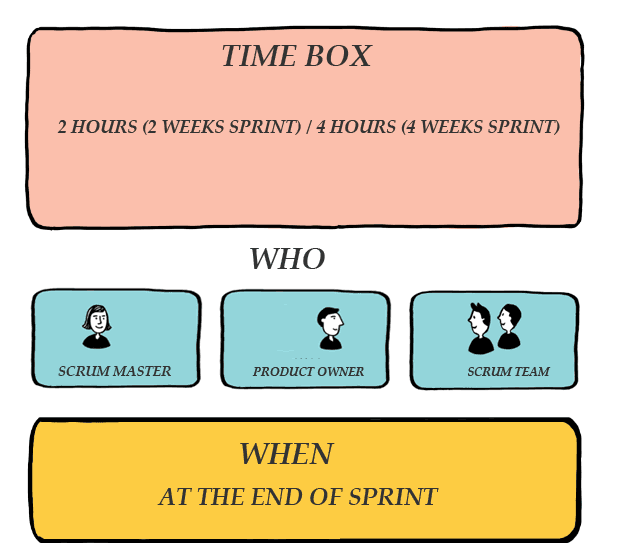
Work didn’t change ad-hoc – we picked what went into the sprint, assigned them, then focused on delivery for the length of the sprint. Team members may share particular anecdotes about how this worked on other teams, prompting a discussion of how you can follow that path as well. The team may agree that politics, gossiping or insecurity should be avoided. 👻 Absence: What practices weren’t present? What makes a team perform well is often as much about the practices they’ve chosen as the one they’ve abstained from.For example, I prefer when my team works in open channels, rather than DMs. Knowing what’s going on is really important to me. If not, you can discuss your different perspectives and get to know each other better. If the team agrees that certain principles matter, adopt them for yourselves. High-performing teams can be built on all kinds of values, and your team needs to determine which ones matter to them. Perhaps it’s all about sharing work early, putting direct feedback even over politeness or perhaps compassion even over direct feedback. 💗 Values: What principles or values did the team exhibit? Encourage team members to think about what underpins how a great team works.In my old team we moved away from reporting what we were doing towards unblocking each other.

We could make sure our daily standup is all about unblocking each other and try to stick to that.

Since they don’t know one another, they might not have the trust needed to otherwise voice these concerns. They can gain a sense that they’re not alone in their uncertainty, and also voice challenging feedback.

Team members need time to build trust.To get to the performing stage, new teams need to get into their habits quickly. For new teams, these practices aren’t yet second nature, so delivery is often slower. Unlike waterfall development, which depends on a perfect design and a strictly planned roadmap created ahead of time, agile development is built on a set of practices that create fast iteration cycles. New agile teams often haven’t defined the practices that guide their agile development cycle.Team members need to be able to trust one another to fulfil their various roles in the development process and speak up on issues so the team can continuously improve. This is a challenge because strong-performing agile teams are built on trust. Team members may not know each other well, and may not have a rapport with one another.


 0 kommentar(er)
0 kommentar(er)
